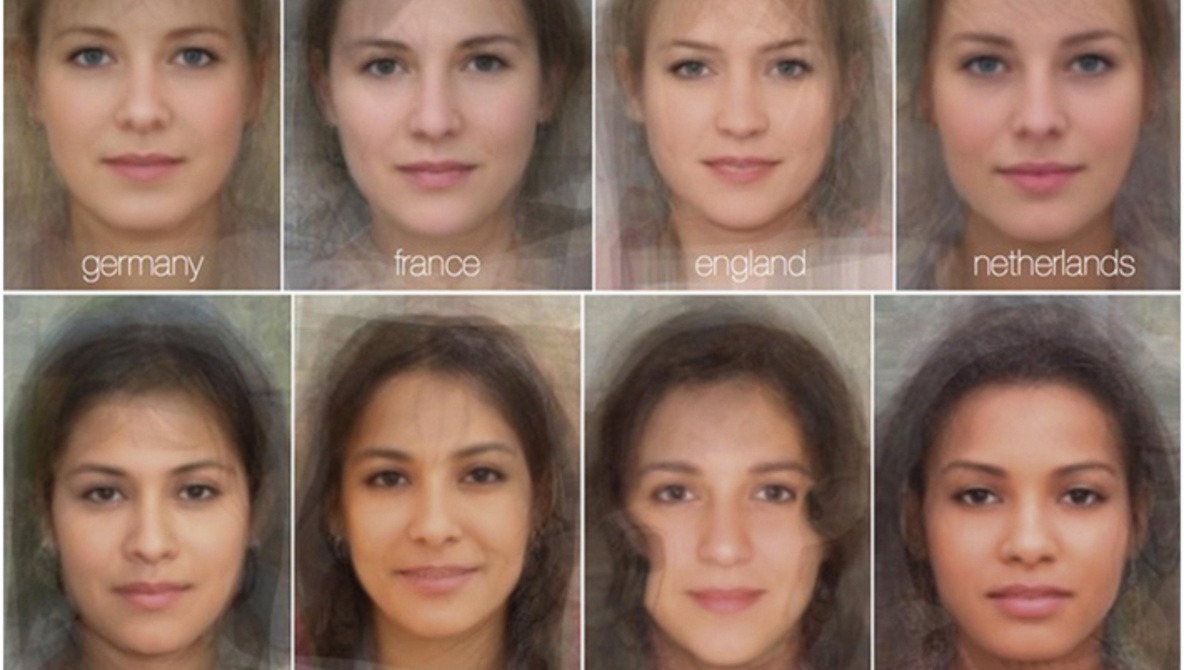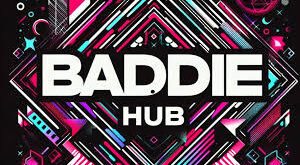Country whose name is a facial feature + A. Welcome, crossword enthusiasts and puzzle aficionados! Today, we delve into the fascinating world of The New York Times crossword puzzles, where obscure clues reign supreme and a single word can unlock a labyrinth of letters. In recent years, an intriguing trend has emerged within these mind-bending grids: country names that double as facial features. Yes, you heard it right! Prepare to be amazed as we explore this peculiar clue phenomenon that has puzzled solvers from all walks of life. So, grab your pen or fire up your favorite crossword app because things are about to get puzzlingly interesting!
Explanation of the Country Name/Facial Feature Clue
In the world of crossword puzzles, there is a fascinating trend that has captured the attention of avid solvers: the use of obscure clues that combine a country name with a facial feature. These clever and cryptic clues add an extra layer of challenge to solving the puzzle, requiring solvers to think outside the box and make unexpected connections.
So what exactly does this clue entail? Well, imagine trying to solve a crossword where you’re given the clue “Country whose name is a facial feature + A.” It may sound perplexing at first, but once you crack it, it’s incredibly rewarding. In this case, the solution would be “China,” as it combines the word “chin” (a facial feature) with “a.” Clever, isn’t it?
This type of clue has become increasingly popular in recent years in The New York Times Crossword Puzzle. It not only tests your knowledge of countries around the world but also challenges your ability to spot unconventional connections between words. Some other examples include “Bangladesh + EYE = Banglese!” and “Israel + EAR = Israelear.”
Crossword clues have evolved significantly over time. Gone are the days when they simply provided straightforward definitions or synonyms for answers. Now, solvers must navigate through layers of wordplay and hidden meanings.
The rise of social media platforms like Twitter and Reddit has had a profound impact on puzzle-solving strategies. Puzzlers can now share their frustrations or triumphs online and seek help from fellow enthusiasts when stuck on difficult clues like these country/facial feature combinations.
When faced with challenging crosswords like these, experienced solvers employ various strategies to crack them open. They might look for patterns within other clues or try out different letter combinations until something clicks into place. Additionally, keeping up-to-date with current events and having broad general knowledge is essential for deciphering tricky questions.
These types of crossword puzzles provide endless hours of entertainment and mental stimulation. They challenge us to think creatively, make unique connections,
Examples of Previous Clues and Solutions
Country whose name is a facial feature + A. Let’s take a trip down memory lane and explore some intriguing examples of previous clues and solutions in the New York Times crossword puzzles. These mind-boggling wordplay challenges have left solvers scratching their heads, but also feeling accomplished when they cracked the code.
One particularly clever clue involved a country whose name is a facial feature. The answer? Chile! Yes, this South American nation not only shares its name with that spicy pepper we love to sprinkle on our food, but it also refers to a long and narrow strip of land stretching along the western edge of South America.
Another memorable clue involved an animal whose name could be spelled using every vowel exactly once. The solution was “euoi,” which is actually an exclamation used in ancient Greek tragedy. Talk about digging deep into linguistic history for answers!
In another puzzle, solvers were stumped by a clue that hinted at both geography and music: “Country whose name can spell ‘note.’” Many scratched their heads before realizing that the answer was Ghana – rearranging the letters gives us “hang” which can be pronounced as “A.”
These examples highlight just how creative crossword constructors can be in crafting clues that challenge our minds while incorporating multiple layers of meaning.
Stay tuned for more puzzling adventures where solving riddles becomes an art form!
The Evolution of Crossword Clues over Time
Country whose name is a facial feature + A. The world of crossword puzzles has come a long way since its inception. Over time, the clues have evolved and become more creative, challenging solvers to think outside the box. In the early days, clues were straightforward and relied heavily on general knowledge. However, as puzzle enthusiasts grew savvier, so did the crossword creators.
In recent years, we’ve witnessed an interesting trend in New York Times crossword puzzles where country names that also happen to be facial features are used as clever clues. This adds an extra layer of complexity for solvers who need to make connections between seemingly unrelated concepts.
For instance, a clue might read “Country whose name is a facial feature + A” and the answer would be “Chin(a)”. It’s fascinating how these obscure combinations can stump even seasoned puzzlers and keep them coming back for more.
This evolution in crossword clues reflects our changing times – it shows that people crave new challenges and enjoy having their minds tested in unexpected ways. Crossword constructors are constantly pushing boundaries to keep solvers engaged and entertained.
Moreover, social media has played a significant role in shaping this evolution by providing a platform for enthusiasts to discuss and share their experiences with solving puzzles. Solving crosswords has become somewhat of a community activity where people can engage with others who appreciate the thrill of cracking those elusive clues.
If you find yourself struggling with these tricky country/facial feature combos or any other difficult crossword clue for that matter, there are strategies you can employ to improve your skills. One approach is honing your general knowledge by reading widely across various subjects. Another helpful technique is learning common wordplay tricks such as anagrams or homophones which often appear in cryptic crosswords.
Despite all the advancements and changes over time, one thing remains constant: The never-ending challenge presented by New York Times crossword puzzles! So next time you’re faced with one of those mind-bending clues involving countries and facial features, embrace the challenge and dive headfirst into unraveling the puzzle. Happy solving
The Impact of Social Media on Solving Puzzles
Social media has revolutionized the way we interact, share information, and connect with others. It should come as no surprise that it has also had a significant impact on solving puzzles, including crossword puzzles.
In the past, puzzle enthusiasts were limited to their own knowledge and resources when trying to crack a particularly challenging clue. But with the rise of social media platforms like Twitter and Facebook, solvers now have access to an entire community of fellow puzzlers who are eager to lend a helping hand.
These online communities provide a space for individuals to collaborate, share insights, and discuss possible solutions. Whether it’s deciphering a tricky wordplay or unraveling an obscure reference, social media allows users from around the world to pool their collective intelligence in order to conquer even the most perplexing clues.
Additionally, social media platforms also offer opportunities for puzzle constructors and editors to engage directly with solvers. Many constructors now actively seek feedback from their audience through these channels—giving them valuable insights into what works and what doesn’t in their puzzles.
It’s not just about finding answers though; social media has also made solving puzzles more interactive and enjoyable. Numerous crossword-themed accounts allow enthusiasts to participate in daily challenges or engage in friendly competitions.
While social media may detract from traditional puzzle-solving solitude, it undeniably fosters collaboration and vibrant puzzle-solving communities.
So next time you find yourself stuck on a clue that seems impossible to crack, don’t hesitate to reach out for help or join one of these online communities—it might just be the missing piece you need!
Strategies for Solving Difficult Crosswords
When it comes to tackling those head-scratching, mind-bending crossword puzzles, having a set of strategies up your sleeve can make all the difference. Here are some tried and true techniques that seasoned solvers swear by:
1. Start with the easy clues: Don’t get overwhelmed by the daunting grid staring back at you. Begin with the simpler clues that you can easily fill in. This will give you a solid foundation to build upon.
2. Work on wordplay: Many crossword clues rely on clever wordplay or puns. Train your brain to think outside the box and look for alternative meanings or hidden connections within the clue.
3. Use cross-referencing: Pay attention to any cross-referenced clues as they often provide valuable hints about other answers in the puzzle. Look for patterns and common threads between intersecting words.
4. Break down compound answers: Long, multi-word answers can be intimidating, but breaking them down into smaller components can help unravel their meaning. Focus on identifying individual parts before putting them together.
5. Stay organized: Keep a neat and orderly grid, marking off letters as you solve each clue correctly. This will prevent confusion and help you spot any errors more efficiently.
6. Plug in known letters: If you have one or two letters already filled in an answer, use this information strategically by plugging them into other intersecting words to narrow down possibilities.
Remember, solving difficult crosswords is all about perseverance and honing your problem-solving skills over time! So don’t be discouraged if it takes a few tries before conquering those puzzling grids! Happy solving!
Conclusion: The Never-Ending Challenge of NYT Crossword Puzzles
Country whose name is a facial feature + A. Country whose name is a facial feature + A. Solving the New York Times crossword puzzle has long been a favorite pastime for word enthusiasts everywhere. With its clever clues and intricate grids, it offers a never-ending challenge that keeps us coming back for more. And in recent years, there has been an interesting trend emerging in the puzzles – the inclusion of obscure clues like “Country whose name is a facial feature + A.”
This unique clue format adds an extra layer of complexity to an already challenging puzzle. It requires solvers to think outside the box and consider countries with names that also happen to be facial features. It’s a delightful way to test our knowledge and keep us on our toes.
Throughout the history of the NYT crossword, we’ve seen countless examples of these types of clues. From “Japanese port” (Osaka) to “French friend” (ami), they push our brains to make connections between seemingly unrelated words and concepts.
The evolution of crossword clues over time has been fascinating to observe. Clues have become more creative, requiring solvers not only to possess extensive vocabulary but also cultural knowledge and critical thinking skills. This shift reflects society’s changing interests and values, as well as advancements in technology that allow constructors greater freedom in crafting their puzzles.
In today’s digital age, social media plays a significant role in solving puzzles. Platforms like Twitter and Reddit provide spaces where avid solvers can collaborate, share insights, and even crowdsource answers when faced with particularly tricky clues or elusive solutions. The online community surrounding crossword puzzles fosters camaraderie among enthusiasts while elevating the experience through collective problem-solving.
For those who tackle difficult crosswords regularly, developing strategies becomes key; techniques such as starting with easy sections or using known letters from intersecting words can help unravel even the most perplexing grid patterns.
 Lifeyet News Lifeyet News
Lifeyet News Lifeyet News





